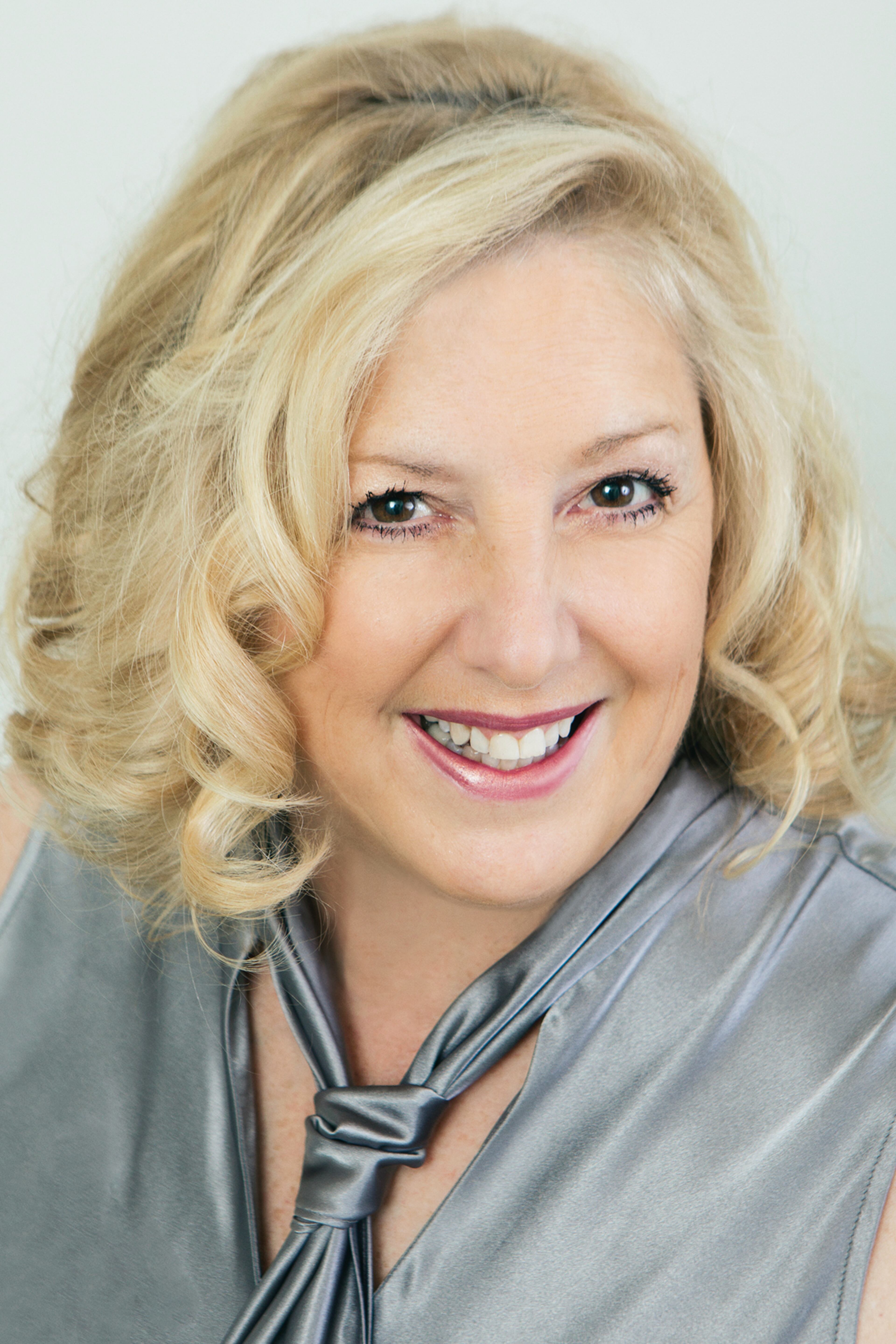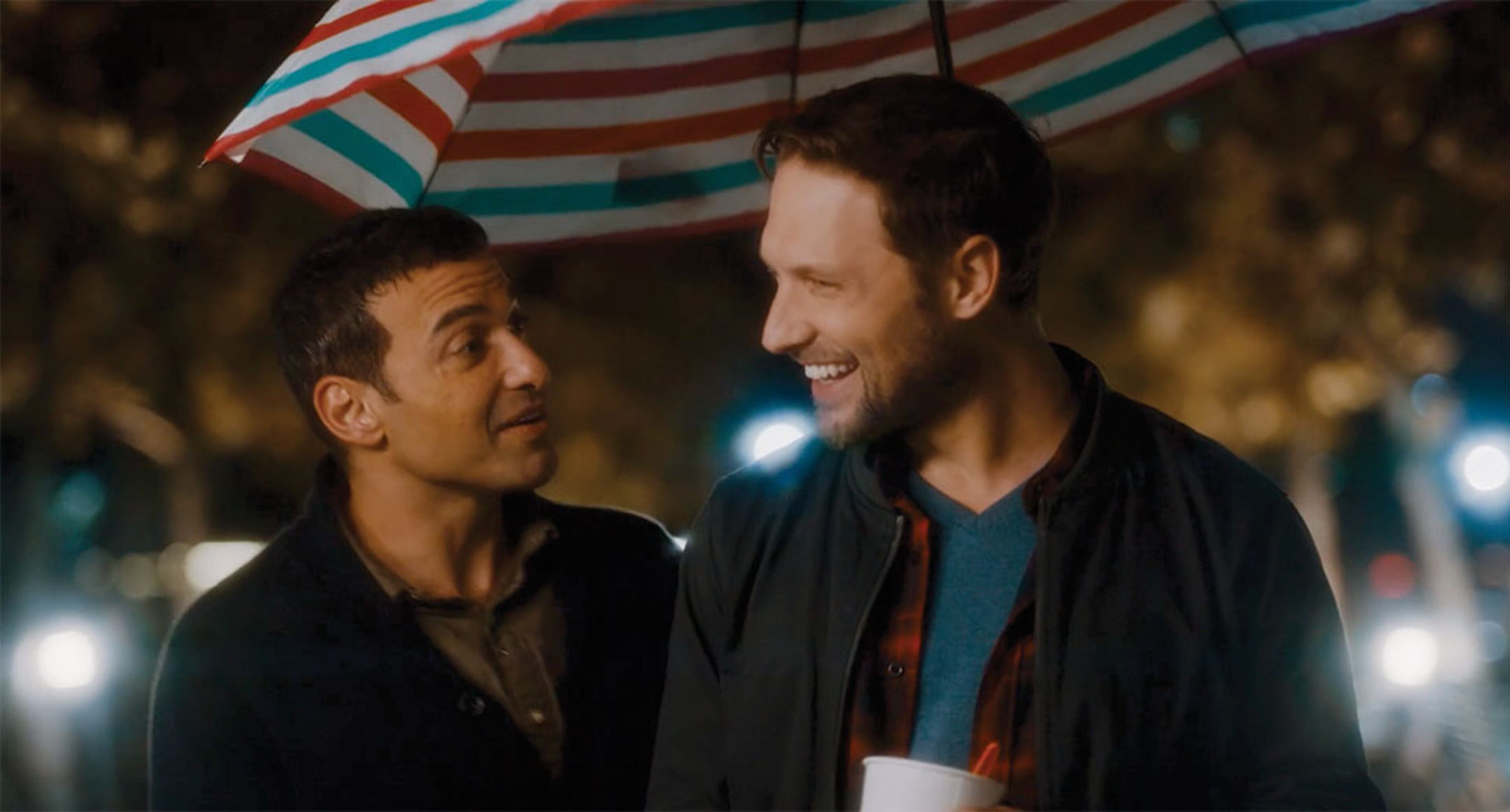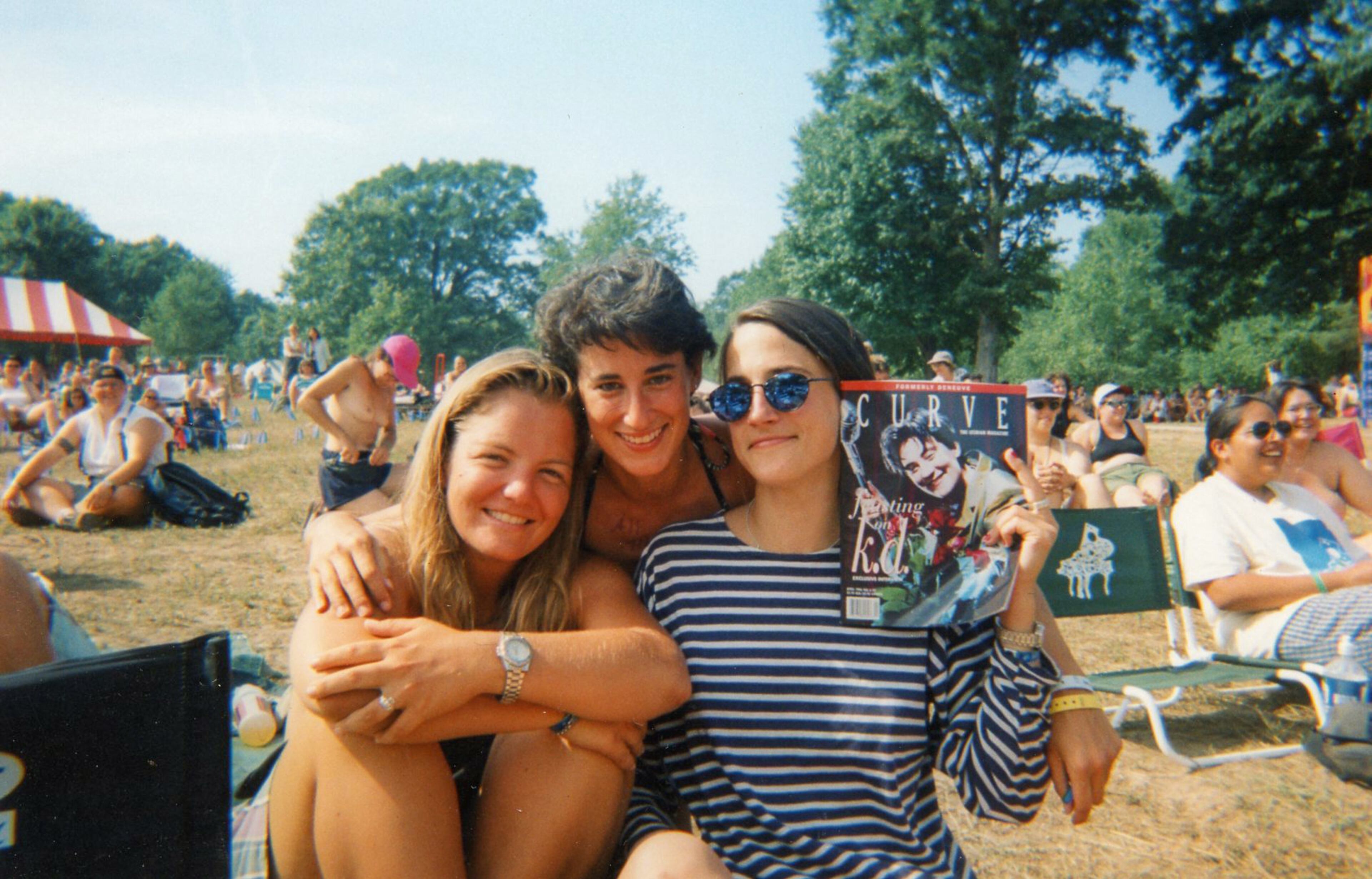Out on Film is in-home this year

Being in the closet is still a thing.
Organizers of the Out On Film festival are reminded of it every year. During the festival’s 11 days, coming out stories flicker across Atlanta movie screens. But for every character making the choice to leave the closet, there are LGBTQ people watching those films who are unable to do the same. Marriage equality is codified, some workplace protections have been secured and gay characters on television abound, yet being out can still be difficult or dangerous.
“Some people tell us that coming to the festival is one of the only things they do all year where they can be part of their true community,” said Jim Farmer, Out on Film festival director. “Our patrons come from around the state and Southeast, and some are not out to their family or out at work.”
Expectedly, COVID-19 has rendered packed theaters impossible for this year’s festival. Yet ironically, the pandemic may make it easier for some people to participate in the festival without a sense of jeopardy or unease.
For the first time, Out on Film will be virtual, running from Sept. 24 through Oct. 4. It’s not that people can’t stream LGBTQ movies and shows anytime. But the festival, in its 33rd year, will spotlight movies unavailable on those services and that otherwise may never get a major theatrical release.
The only in-person screening will be a drive-in at the Springs Cinema & Taphouse in Sandy Springs celebrating the 40th anniversary of the musical drama “Fame.” The remainder of the festival will be online, including question-and-answer sessions with filmmakers and post-screening audience conversations. That extends to the presentation of the Icon Award honoring comedian and actor Margaret Cho on the 20th anniversary of her breakthrough stand-up film “I’m the One That I Want.” This is also the first festival since Out On Film was declared an Oscar-qualifying event by the Academy of Motion Picture Arts and Sciences in February. Meaning movies screened at the festival can qualify for Oscar consideration.
There are 133 films in this year’s line-up, a mix of dramas, comedies, love stories, documentaries, horror, and short films from around the world. Half a dozen films will get released each day and ticket buyers have 72 hours to watch based on the type of movie pass they purchase.
A few entries are reminders that the acronym, LGBTQ, shouldn’t be conflated with youth as it often is in popular culture. The festival’s opener, “Surviving the Silence,” documents the decades-long relationship between a now octogenarian and her partner, but also how they had to keep their relationship secret for the sake of the military career of one of the women. “Twilight’s Kiss, (Suk Suk)” haunts as the drama reveals the lives of two Chinese men who’ve lived well, but as they approach their 70s, they realize that the closet has robbed them of essential joy.
Here, the directors of three films including “Surviving the Silence,” the documentary “Ahead of the Curve” and the romantic comedy “Breaking Fast,” talk about their films, their intentions and what surprised them along the way.
Surviving the Silence
Cindy Abel thought she was going to make a love story. Two women meet. They fall in love. Their love endures for decades despite the closet. In their later years, they come out.
The film would answer the simple question: “How does love have a chance to grow when you have to pretend you’re not together,” Abel said.
That’s what Abel thought after initially meeting Ret. Col. Patsy Thompson and Barb Brass during Pride Week at Sierra College in California about seven years ago at a reception celebrating Abel’s film, “Breaking Through." Thompson and Brass had just watched the film about groundbreaking gay and lesbian elected officials and approached Abel to tell her how touched they’d been by it. Then they started telling her their story and invited her to attend a talk they were giving at the college the following night.
Abel showed up with her camera. It was a coming-out story with more layers than she ever expected.
Thompson had had a distinguished career in the military, becoming a colonel in the Air Force Nurse Corp and rising to become the Army National Guard Chief Nurse stationed at the Pentagon. To do so, she had to remain closeted because of the then ban on gays in the military. This also meant her relationship with Brass had to be kept a secret.
“Barb wasn’t angry at her wife, but she was angry at a country that only wanted Patsy’s sacrifice if she was willing to live a lie,” Abel said.
They told that story at Sierra College that night. But then they came out with something that hadn’t been told before. Thompson had served in the landmark 1992 dismissal of Army Col. Margarethe Cammermeyer, a fellow high ranking nurse who’d come out as a lesbian when Cammermeyer applied for the rank of General. Abel had to get past her own initial judgment of Thompson, questioning how Thompson could ethically remain in the closet, while also preparing the case against a fellow decorated nurse.
“The more I listened, what Patsy did was the hardest and most dangerous,” Abel said.
Thompson’s actions, however, set the stage for an unexpected turn in Cammermeyer’s long legal battle. Abel was able to bring the women together for the first time in decades to talk on screen about the outcome, an emotional reckoning brought on by a military policy born of ignorance and fear.
At its core, however, the film is still a love story but one playing out in a world where LGBTQ rights are still uncertain, including in the military.
“Originally, it was going to be an ending where they were finally going to be able the kick back and enjoy their golden years, but not now,” Abel said. “They see there one more battle yet to fight.”

Breaking Fast
Hollywood romantic comedies are often saccharine, and in many ways, Mike Mosallam was OK with that. Growing up, the cannon of Julia Roberts, especially “Pretty Woman” and “My Best Friend’s Wedding,” taught Mosallam about romance. That was bolstered by a steady diet of Disney movies including “The Lion King,” “The Little Mermaid” and “Aladdin.” So, once he got older and became a filmmaker, he took cues from those films to make a rom-com that spoke to his own experience of being gay, Arab and Muslim.
“What if I took my love for musicals and Julia Roberts movies and Superman, my faith, and my Arab heritage and jumble all of them together and make a film about what life is like for people like me,” Mosallam said recently.
His film “Breaking Fast” is refreshing and charming because it answers those questions in a delightful way. Centered around Ramadan, the holy Muslim season of fasting and prayer, the movie follows a young doctor, named Mo, portrayed by actor Haaz Sleiman, and his unexpected love interest, Kal, portrayed by actor Michael Cassidy. It is rich in its depiction of extended families, both accepting and not, but it also treats the Arab and Muslim experiences in ways rarely, if ever seen, in Hollywood movies. It centers Muslim characters while also beautifully depicting Arab foodways around the ritual meal of Iftar, which breaks the daylight fasts of Ramadan.
The details are rendered with love and from the sure and proud hand of lifelong experience: What it’s like to pray on the job; how to respect a home and whether parsley stems have a place in tabbouleh.
“It’s the reason why we want to see people tell their own stories because no one can tell their story as well,” Mosallam said. "People of color cope through life by accommodating and negotiating how much of themselves they can bring to the forefront.
“But I don’t have to be the secondary character. People of color aren’t playing second fiddle in their own story.”

Ahead of the Curve
Back when people regularly read print magazines, it wasn’t unusual to look at newsstands and not see a general interest publication aimed at lesbians. Something that talked about health, employment, fashion and entertainment.
As a young lesbian finding her way in San Francisco, after divorcing her husband, Franco Stevens longed for a publication that would speak to all of those interests. So, drawing on her experience going to the horserace track as a kid with her father and siblings, Stevens bet on two longshot horses and won enough money to start what became the iconic magazine, Curve. It was a magazine where celebrities could come out, where the diversity of the lesbian community was celebrated, but it was also an uphill battle.
“It was pretty clear, pretty quickly to me that this had to be told,” said director Jen Rainin, who is also married to Stevens. “I started writing a script for a fiction version, but it became clear that there weren’t a lot of documentaries about queer women and our histories,” said director Jen Rainin, who is also married to Stevens.
Like any historical set piece, it can be hard for some viewers to imagine the world Rainin portrays, in a world dominated by social media now where being out and being lesbian isn’t a thing. but the obstacles Stevens faced to lay the groundwork that some may take for granted is what makes the story all the more remarkable and compelling.

“We were told by a film executive, ‘Please tell me you’re not going to pitch this to a major festival because it’s just a little queer film, and you’re just going to be wasting your time otherwise,'” Rainin said. “My co-director and I just sat there and blinked. We used it as fuel, and it turns out it’s kind of a big queer film.”
EVENT PREVIEW
Out on Film Festival
Sept. 24-Oct. 4.
Drive-in movie: 7:45 p.m., Oct. 3. The Springs Cinema & Taphouse, 5920 Roswell Road, Unit C-103, Sandy Springs.


